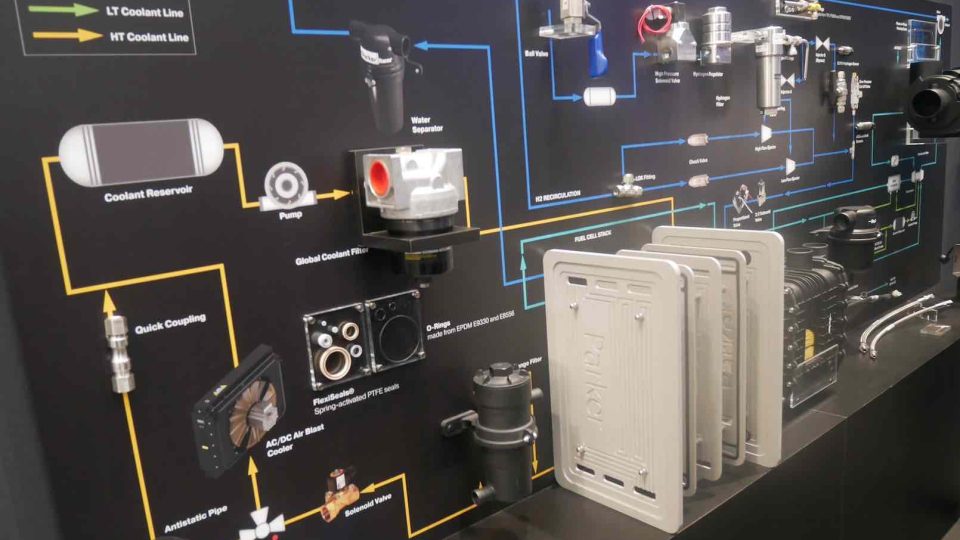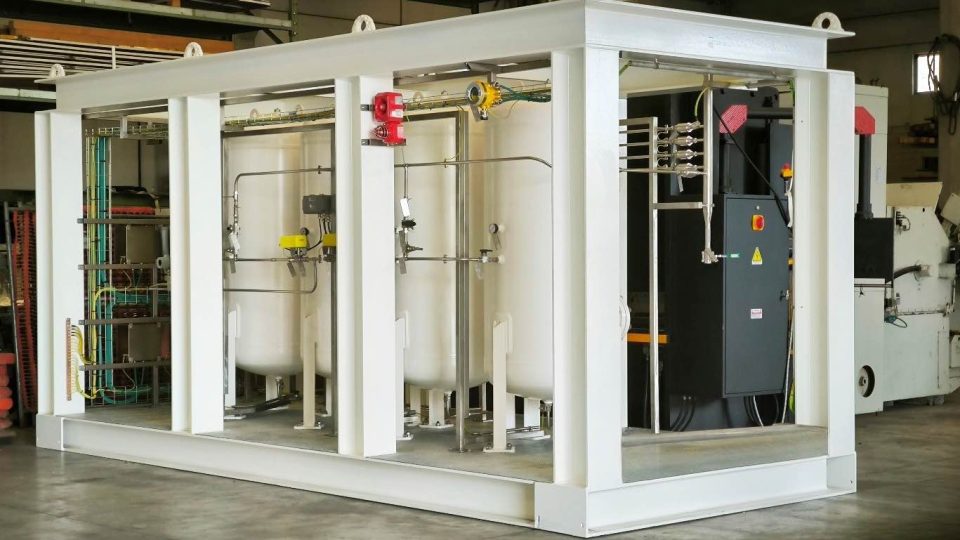BYD for sodium-ion battery
BYD starts construction of 30 GWh sodium-ion battery plant in China. Today for low energy applications. And tomorrow?

Sodium-ion technology is under the lens and the Chinese manufacturer BYD is already active in this regard. BYD has indeed started the construction of its inaugural sodium-ion battery plant in Xuzhou, positioned midway between Beijing and Shanghai. The project involves a substantial investment of 10 billion yuan (equivalent to USD 1.4 billion), targeting an annual production capacity of 30 GWh. The groundbreaking ceremony occurred on January 4 in Xuzhou Economic and Technological Development Zone, where representatives from all stakeholders marked the commencement of project construction, as announced by the local government.
Findreams, subsidiary of BYD, to build the sodium battery plant
The subsidiary of BYD, Findreams Battery, inked an agreement with the tricycle giant Huaihai Group on November 18 in Shenzhen to undertake the construction of the Xuzhou sodium battery plant. The vision is to establish Xuzhou as the hub for battery production specifically catering to micro vehicles and scooters, recognizing the optimal utilization of sodium-ion packs in these electric vehicles.
This collaboration between BYD and Huaihai Group is not their first, as they previously joined forces to establish a standard battery plant in Xuzhou in November 2022. This plant is set to manufacture Blade batteries utilizing lithium iron phosphate (LFP) chemistry. With a joint investment of 10 billion yuan, construction commenced in January of the previous year, and the 310,000 square meters factory is now near completion, with trial production scheduled to commence in March 2024.
Why sodium?
“Sodium-ion” batteries are typically more cost-effective and do not rely on lithium; sodium serves as a replacement for lithium in the cathode material. Additionally, they eliminate the need for metals like cobalt or nickel, which are essential in ternary NMC batteries. Despite these advantages, sodium-ion batteries exhibit a lower energy density, making them suitable primarily for applications in scooters, small cars, or stationary storage.









